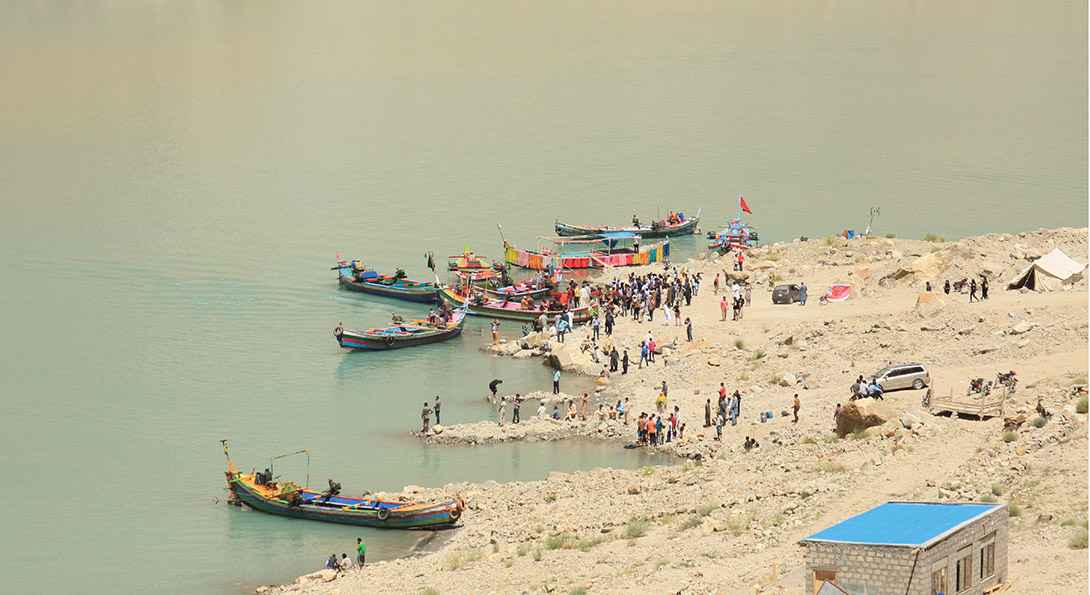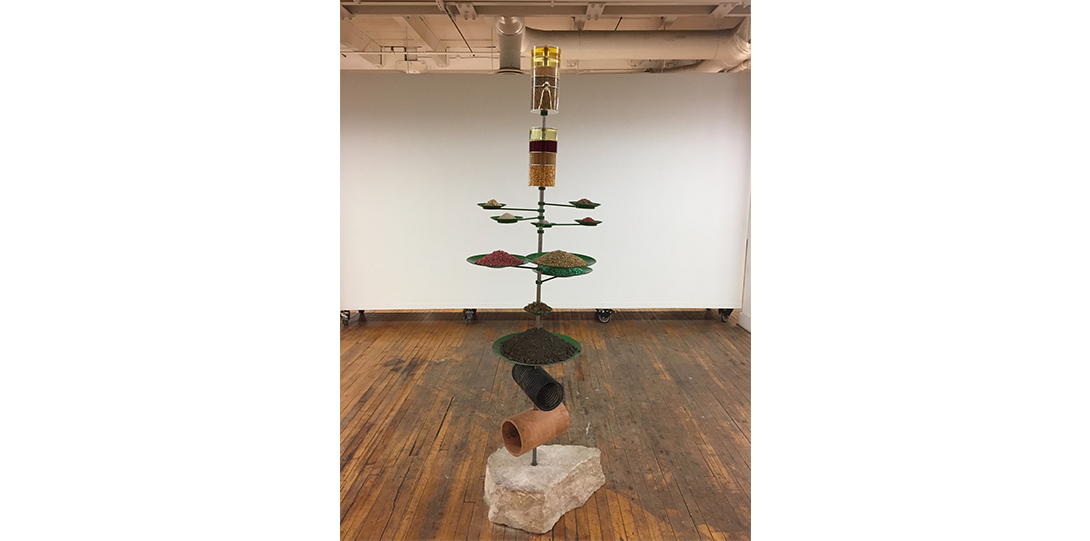Exhibitions

Date
March 01–March 02, 2019
Time
9:00–5:30 pm
Location
Gallery 400
Address
400 S Peoria St
Chicago, IL 60607
Chicago, IL 60607
ABOUT THE EVENT
This symposium presents the final results of the fieldwork carried out by the project participants of the project Political Ecology as Practice: A Regional Approach to the Anthropocene, presented in conjunction with All have the same breath. This project investigated the reciprocal relationship between the emergent theories of the Anthropocene, climate change, and the global environmental crisis, and how local ecological problems are experienced in various regions of the world. It addressed two core questions: (1) do theories generated at the metropolitan center derive insight from regional ecological conflicts? If so, how? (2) Do these theories have an impact on the various communities in terms of their relationship with land, resources, and biodiversity? This conference presents the results of a multi-sited, comparative study of place-based ecological politics through a series of fieldwork initiatives in Bolivia, Cambodia, Pakistan, Turkey, and the US, led by faculty and graduate students in collaboration with artists.
This symposium and exhibition is organized by Political Ecologies Working Group, (a.k.a. Political Ecology: Platform Chicago), an active group of faculty, graduate students, artists, and activists, and a platform of academic research, field practice, and debate on political ecology and environmental humanities. This working group has been supported by the Institute for the Humanities at UIC since 2015. This multi-disciplinary collaborative project engages faculty and graduate students from the departments of Anthropology, Art, Art History, Biological Sciences, English, Latin American and Latino Studies, Rhetoric, and Urban Studies at the University of Illinois at Chicago and the Department of Geography at the University of Wisconsin-Madison.
Support from this event comes from the Humanities Without Walls Consortium, based at the Illinois Program for Research in the Humanities at the University of Illinois at Urbana-Champaign. The Humanities Without Walls consortium is funded by a grant from the Andrew W. Mellon Foundation. Additional support is provided by The Institute for the Humanities, and the School of Art & Art History at UIC.



